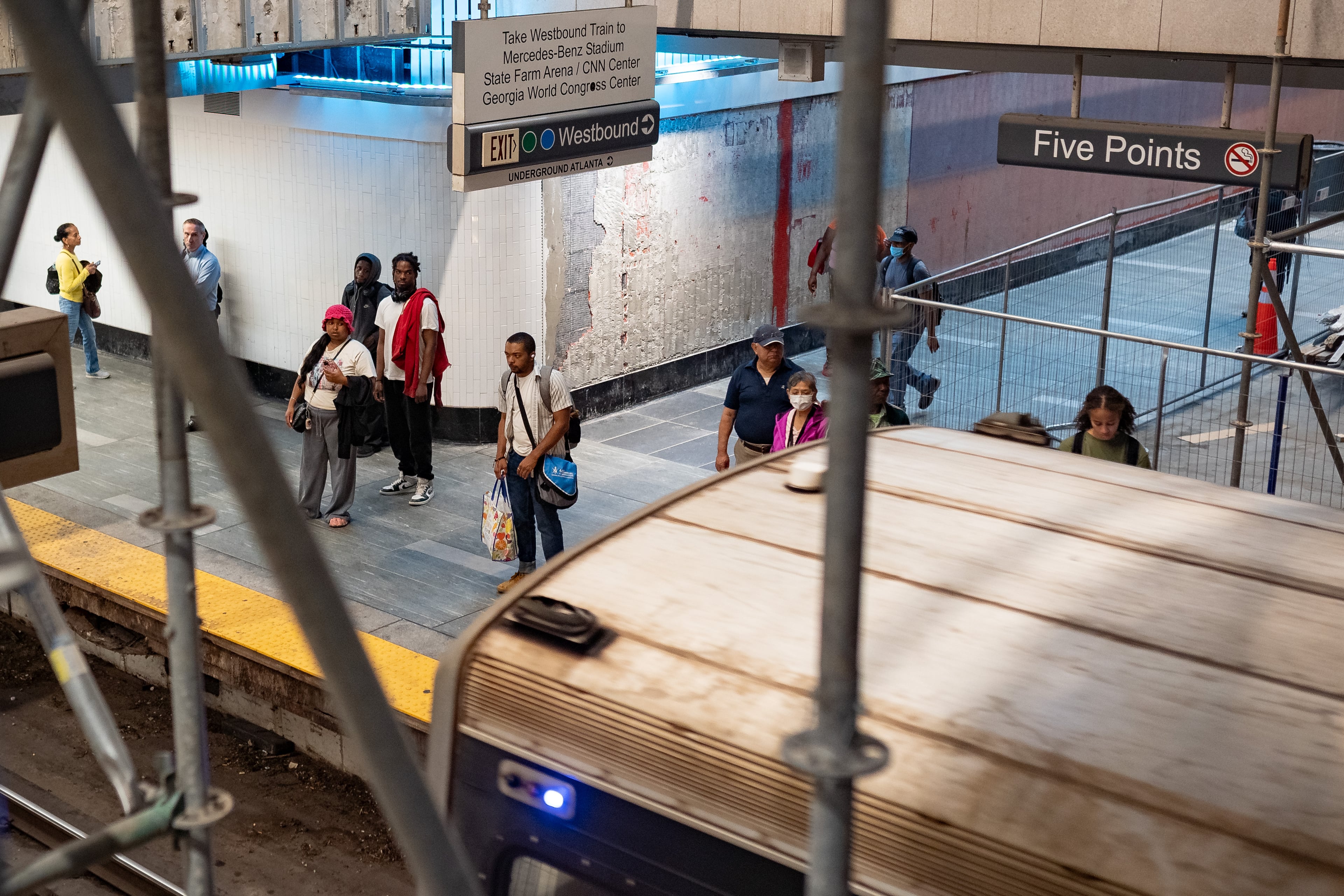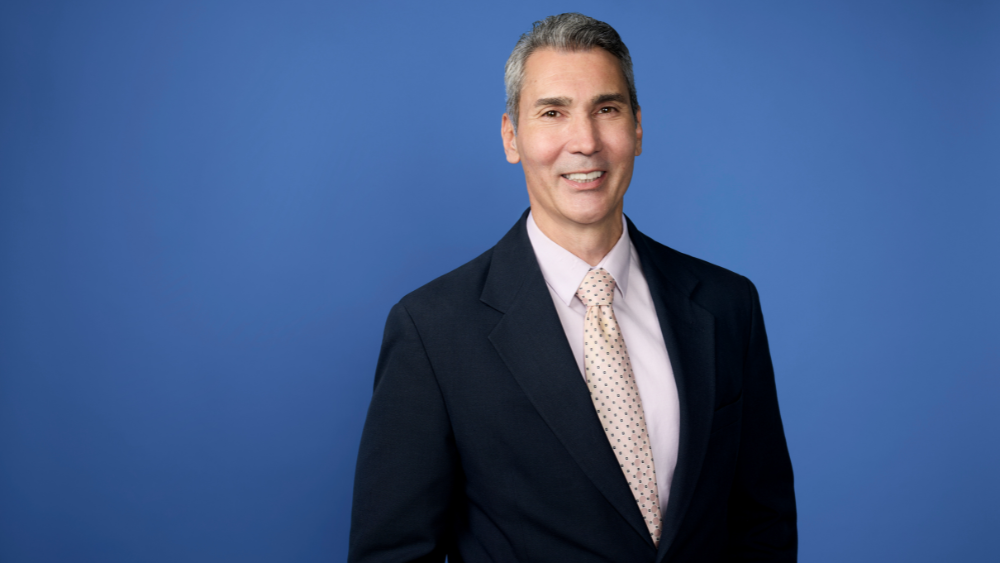MARTA suffers from problems, both real and perceived, our readers say

Since my column on riding MARTA came out recently, I’ve taken the train just about every day: to participate in the Pride Run ATL 5K race at Piedmont Park on June 1, to attend an Atlanta Urbanist Book Group meeting in the Druid Hills neighborhood on June 4 and to go to the AJC office the other times.
Readers have emailed me with a range of strong opinions, from advocating for more public transit to explaining why one bad experience soured them completely on the system.
That feedback is helping me gain greater insight into the opportunities and struggles facing the system in a city of Atlanta’s global stature, which will soon host the FIFA Club World Cup, Major League Baseball’s All-Star game, the FIFA World Cup and a whole series of other big events year-round. As the AJC editorial board prepares to meet with MARTA officials soon, we look forward to discussing the feedback and potential solutions.
It was not lost on me that MARTA failed to meet consumer expectations the night of the Shakira concert at State Farm Arena on June 2 due to maintenance issues and limited capacity. Even one leading protransit Atlanta City Ccouncil member, Matt Westmoreland, decided in frustration to ride a scooter home instead.
“In full transparency … between single-track miscommunication, and long-headways … decided to ride a scooter home from Five Points Station,” Westmoreland wrote on X. “We have to do better, on multiple fronts, with MARTA’s $1.6 billion annual budget.”
In all fairness, scooters are part of the multimodal solution to provide alternatives to the automobile for metro Atlantans.
The feedback I am sharing comes from emails sent directly to me, and I offer excerpts from a couple. Some are complimentary of MARTA, some are critical.
The positive: MARTA is convenient and feels safe

“We’ve used public transportation in NY, Chicago, and DC and much prefer it to driving. We’ve never encountered any real danger on MARTA in comparison to experiencing threatening behavior while riding to areas in Brooklyn or the Bronx.”
At the same time, this reader called for better parking and more customer service staff to entice the over-50 crowd to ride the train.
Another reader responded to this sentence I wrote in my column: “The train ride is about 20 minutes, but unlike driving the whole way, I am able to decompress, read, think and be fully present by the time I walk to my office.”
The reader wrote: “This is the main reason why I advocate for public transportation. As return-to-office mandates continue, we are being reminded of the unavoidable time spent commuting to and from the office. 2 years ago, I decided to use MARTA for my work commute. I found that I would arrive at the office in a much better mood.”
The negative: MARTA is too unpredictable and feels unsafe
One reader complained that promises of schedule changes are not being fulfilled in a timely manner.
“I fully understand the need to maintain the system but struggle to understand how other major transit systems can do work at night whereas MARTA subjects weekend daytime riders. I don’t know what MARTA was accomplishing by promoting this new schedule, other than some nice PR, when they barely honor it.”
Another reader got on me for pointing out the percentage drop in public safety incidents, which while statistically true is not a concept embraced by all citizens.
“Sure, the official crime statistics may show improvements. But safety isn’t just about what’s reported — it’s about how it feels. In New York, you might sit next to a guy talking to himself, but you’re also surrounded by hundreds of people just trying to get to work. That shared purpose creates an ambient sense of order. MARTA, by contrast, often feels empty, unguarded, and unsupervised. That’s a very different vibe.”
Some other complaints:
- The south portion of MARTA is not as kept up as the north side, one reader pointed out since I come in from the North Springs station north of the city
- There is inconsistency in service levels during weekends and nonbusiness hours
- The lack of a regional system makes it difficult for the growing number of people living in suburban areas who would prefer an alternative to being stuck in traffic
Addressing perceptions and realities is paramount to growing ridership

The comment on public safety reminds me of something former Chicago Mayor Rahm Emanuel said in an interview on The New York Times journalist Ezra Klein’s podcast published Dec. 3:
“Nobody walks around going, ‘You know what? I feel 22% safer in 2024 than I did in 2023. Crime’s a feeling, a sense of a — a place of mind,” Emanuel said.
So, the big challenge then is changing perception, which is easier said than done.
This is an area that MARTA — with its $1.6 billion budget and ridership that has not returned to prepandemic levels — must address: how to make potential and reluctant riders feel that they will be safe, that the service is frequent and reliable and that it has the capacity to serve locals and visitors alike for major global events, including the World Cup.
Keep sending your feedback and consider writing a letter to editor for publication to letters@ajc.com. Keep them to 200 words and include your name and city.
I am happy to hear from you, and I continue to stay enthusiastic about exploring metro Atlanta.
David Plazas joined the AJC as opinion editor in May. You can reach him at david.plazas@ajc.com.



